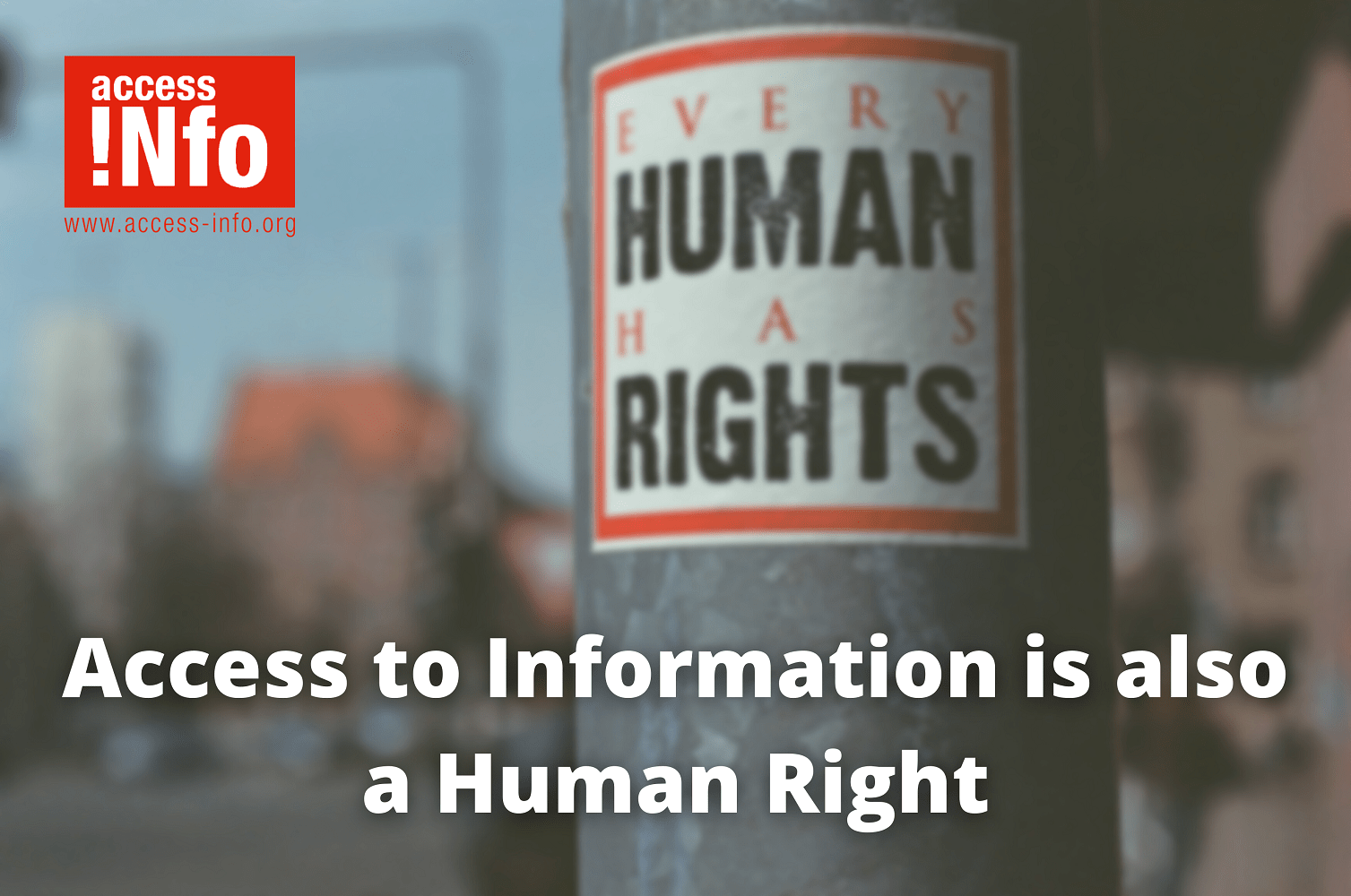Madrid, 10 December 2021 – On International Human Rights Day, and as the Spanish Transparency Law celebrates seven years since it entered into force, Access Info has renewed the call for full recognition of the right to information in Spain, something essential to fix many problems with the right to know in practice.
With work on the reform of the law starting in early 2022 as part of a commitment in Spain’s latest Open Government Action Plan there is a unique opportunity to guarantee a full right of access to information in Spain, as a human right.
This would be in line with the significant progress made in Spain in the seven years since adopting the transparency law, in large part thanks to membership of the Open Government Partnership (OGP), along with four subnational entities which are members of the OGP Local programme: Madrid, the Basque Country, Catalonia, and Aragón.
“On human rights day we recall that international human right courts, including the Inter-American Court of Human Rights in 2006, and the European Court of Human Rights since 2009, have made clear that access to information is a right of all, with only limited exceptions,” stated Helen Darbishire, Executive Director of Access Info Europe.
During 2021, discussions held at Spain’s Centre for Political and Constitutional Studies showed how many of Spain’s leading transparency experts are supportive of recognition of a fundamental right of access to information, in line with a 2016 public statement by over 50 academics and legal scholars who argued that article 21.1.d of the Spanish Constitution, which protects freedom of expression, also supports a right of access to information,
The problems with the law identified by Access Info and other members of the civil society platform the Coalición Pro Acceso, include:
- Requesters have to pass through a complex identification process, which in practice limits access to the 18% of citizens who make use of their digital certificates;
- Requests for information deemed “auxiliary” or in preparation are not even processed;
- The legislative and judicial branches are not fully under the Transparency law;
- There are no sanctions or consequences for public bodies failing to implement the law;
- Some 15% of Transparency Council decisions are not complied with;
- Other laws such as the archives or secrecy laws prevail;
- There is a complex structure of regional laws and municipal ordinances with multiple oversight bodies, something very confusing for citizens;
- There are relatively few requests (only around 1,000 per month for all of central government);
- Only 30% of requesters are women
Addressing these problems with law and practice will also be required as Spain prepares to ratify the Council of Europe Convention on Access to Official Documents, known at the Tromsø Convention, which it signed on 23 November 2021.
Access Info also noted that the European Union recognises a fundamental right of access to documents held by EU institutions, and many EU countries recognise this as a right of all.
For more information, please contact:
Helen Darbishire | Executive Director | Access Info mobile: 34 637 22 66 09

